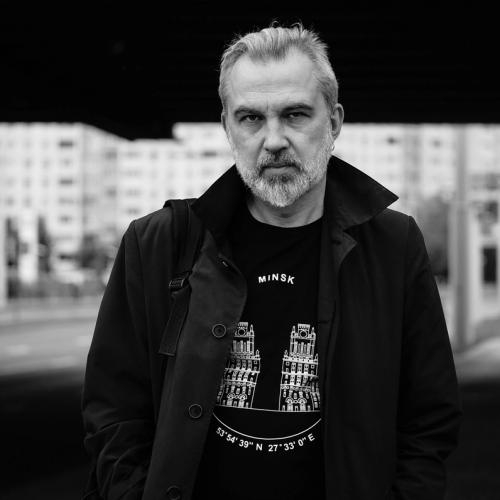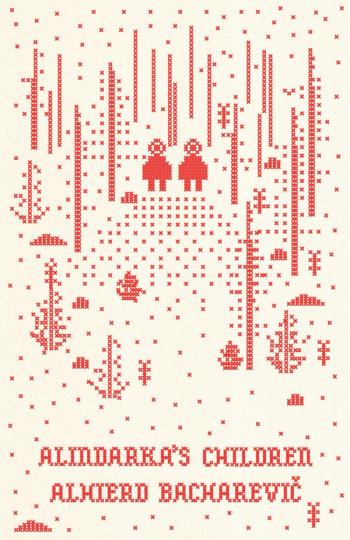It’s not Avi’s fault, it’s those sourish, mind-bending little berries that are to blame, those tiny wee spheres. Bilberries, bletherberries that befuddle the mind, babbleberries that give you a kick. The beautiful green forest scales, the timber songs, play out like a kaleidoscope before his eyes. It’s hard tae breathe, yer haunds skedaddle awa…
In a camp at the edge of a forest children are trained to forget their language through drugs, therapy, and coercion. Alicia and her brother Avi are rescued by their father, but they give him the slip and set out on their own. In the forest they encounter a cast of villains: the hovel-dwelling Granmaw, the language-traitor McFinnie, the border guard and murderer Bannock the Bogill, and a wolf.
A manifesto for the survival of the Belarusian language and soul, Alindarka’s Children is also a feat of translation. Winner of the English Pen Award, the novel has been brilliantly rendered into English (from the Russian) and Scots (from the Belarusian): both Belarusian and Scots are on the UNESCO Atlas of Endangered Languages.

